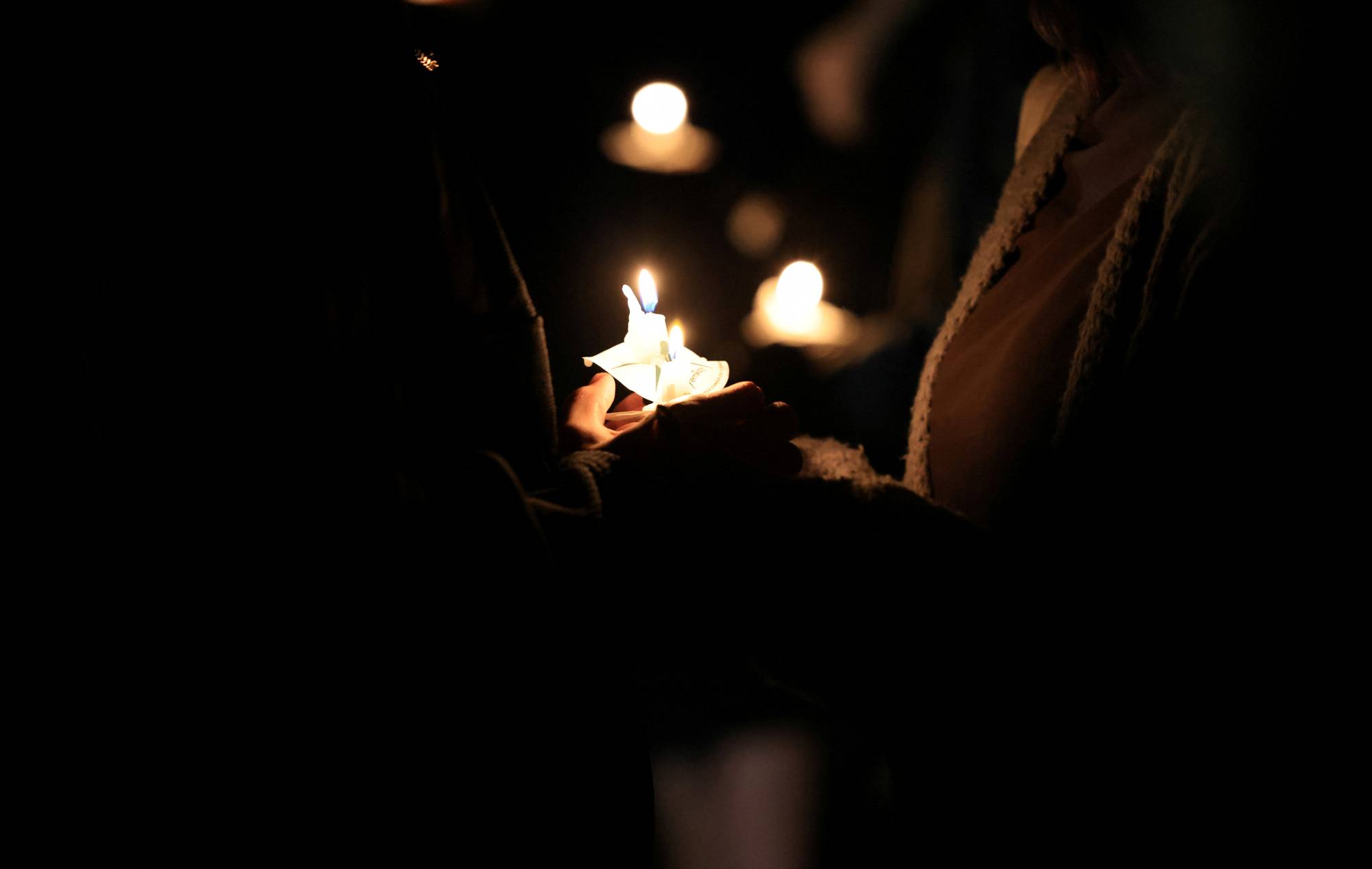The attack at a Colorado LGBTQ nightclub by a suspected gunman who was arrested last year in connection with a bomb threat has renewed questions about "red flag" laws that are used irregularly and in vastly different ways across the United States.
The laws, which allow courts to issue "extreme risk protection orders" (ERPO), removing firearms from individuals considered at risk of harming themselves or others, have been touted by gun safety advocates as crucial tools to prevent mass shootings such as the weekend attack at Club Q in Colorado Springs.
However, data shows a significant discrepancy in employment of red flag laws across the 19 states that have implemented them, with Colorado seeing fewer petitions than in many other states.
















With your current subscription plan you can comment on stories. However, before writing your first comment, please create a display name in the Profile section of your subscriber account page.